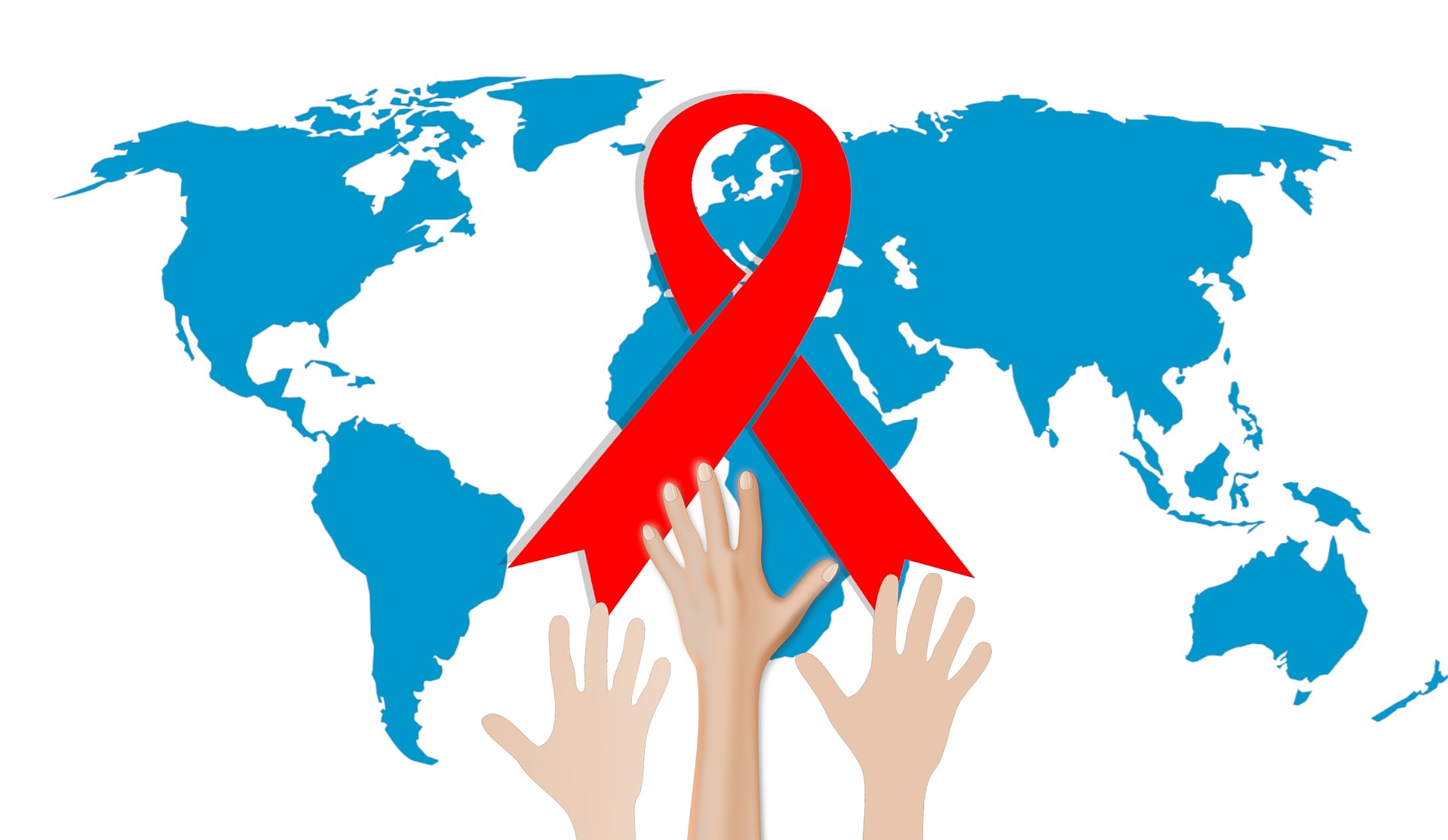Health experts have recently revealed that around 1.5 million women in their reproductive age in India are struggling with epilepsy, which emphasizes a vital need for personalized care and support. Experts say that even after healthcare innovations, these demographics pose significant challenges like teratogenic impacts of antiepileptic drugs and increased rates of infertility. Many neurologists have highlighted the critical need for elevated awareness about the early diagnosis and treatment of epileptic seizures among young females. They have raised concerns over the inadequate focus on women dealing with epilepsy, prejudiced by cultural views, social stigma, and insufficient healthcare arrangements.
Epilepsy is a neurological condition categorized by frequent seizures. The disease impacts around 50 million people across the world, with a majority of affected individuals around 10 to 12 million living in India. Despite its frequency, there is a substantial treatment disparity in the management of epilepsy, especially in low-income locations such as rural regions of India. Children are also affected by the condition. Most incidents of epilepsy among children take place in the first year of life and peak between ages 1 to 12 years. Detection of epilepsy in children is quite challenging due to various seizure imitations, requiring assessment by qualified pediatric neurologists.
Precise diagnosis of epilepsy depends on inclusive neurological assessment and progressive neuroimaging readings such as brain scans and electroencephalogram (EEG). Pharmacotherapy, brain-stimulating therapies, surgical procedures, and dietary changes like ketogenic diets are some common treatment choices for epilepsy. Nonetheless, barriers like drug-refractory incidents emphasize the need for alternative treatments and accurate medication methods personalized to individual patients. Health experts say that testing for epilepsy is crucial for early diagnosis and timely treatment. Executing healthcare practices, such as cautious childbirth management, and vital immunization practices are essential stages in averting epilepsy and enhancing overall health among women and children impacted by this neurological condition.











